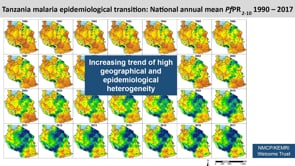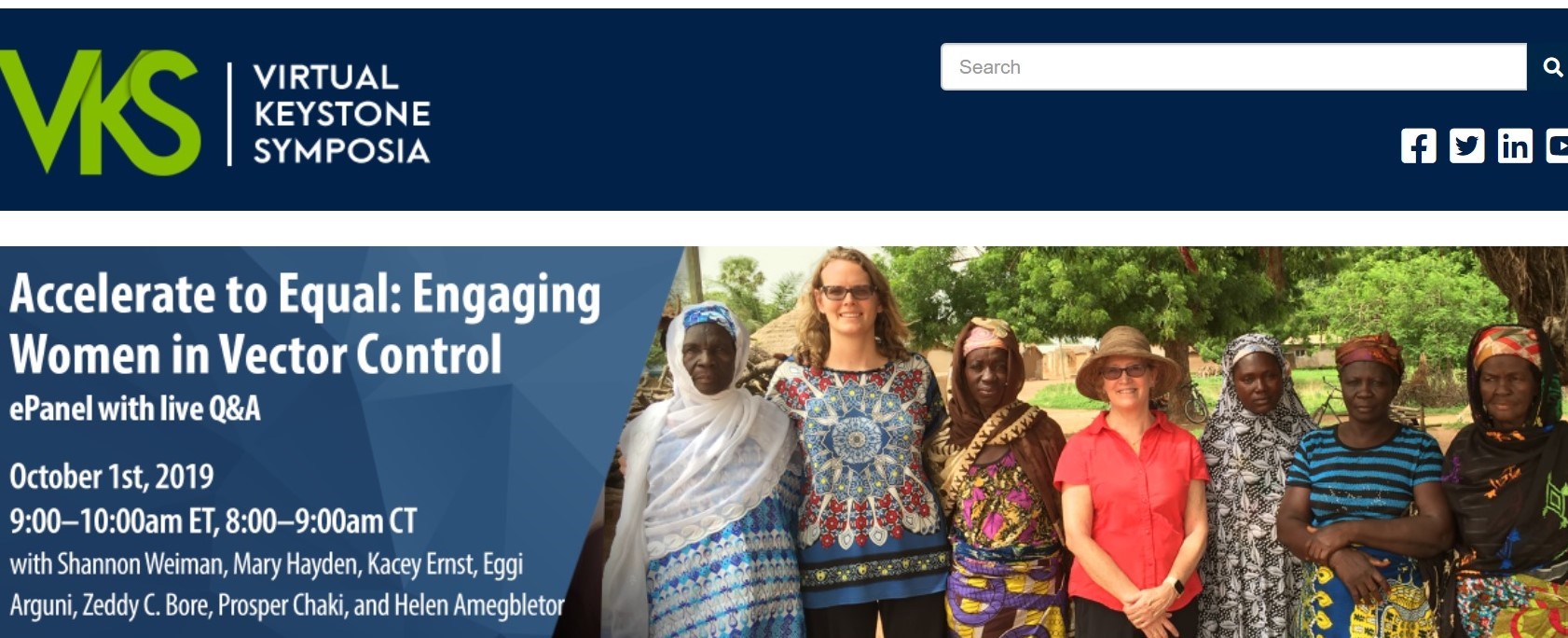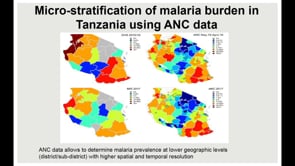Last Updated: 12/02/2025
Targeting pregnant women to monitor malaria transmission
Objectives
To develop a robust and sensitive serological test for pregnant women at antenatal clinics that can be used to monitor trends of malaria transmission in the community.
The current focus on malaria elimination requires new metrics for malaria transmission intensity, as traditional approaches became logistically complex in contexts of low malaria burden.Malaria-specific antibodies detectable for no more than 6 months following last Plasmodium falciparum infection (i.e. the last high-transmission season) have been suggested as sensitive markers to provide actionable information for malaria elimination activities. Pregnancy-specific antibodies against VAR2CSA (the parasite antigen that binds to Chondroitin Sulphate A in the placenta), have the potential to provide a precise estimation of recent exposure (one pregnancy). Moreover, malaria prevalence in pregnant women was shown to strongly correlate with prevalence of infection detected in children. Overall, these characteristics led us to hypothesize that detection of anti-VAR2CSA antibodies in pregnant women, who are easily accessible through antenatal care clinics (ANCs), could constitute a useful field-deployable approach for malaria surveillance. With this project we aimed at developing a VAR2CSA-based serological assay that could provide information about trends of malaria transmission in different phases of malaria elimination activities.
The pregnancy-specific serology against VAR2CSA-derived peptides provides information on exposure to P falciparum during one pregnancy. IgG levels and seroprevalences against two VAR2CSA peptides were able to detect temporal changes in malaria trends among pregnant women as well as in pediatric malaria admissions, the burden of infection in different settings and the absence of transmission. Moreover, antibodies against one peptide detected the impact of interventions during pregnancy to reduce the parasite prevalence in HIV-uninfected women. This sero-surveillance tool could be used in pregnant women attending ANCs to provide programmatic information about recent changes in the intensity of malaria transmission, as well as to monitor the absence of transmission resulting from elimination activities.
Jan 2013 — Sep 2015
$199,803


